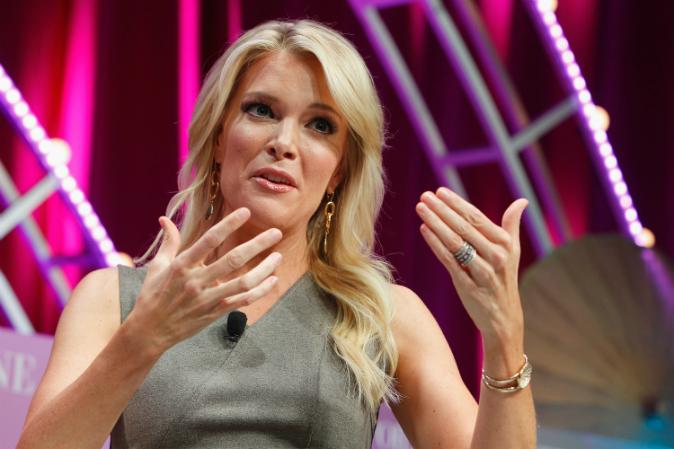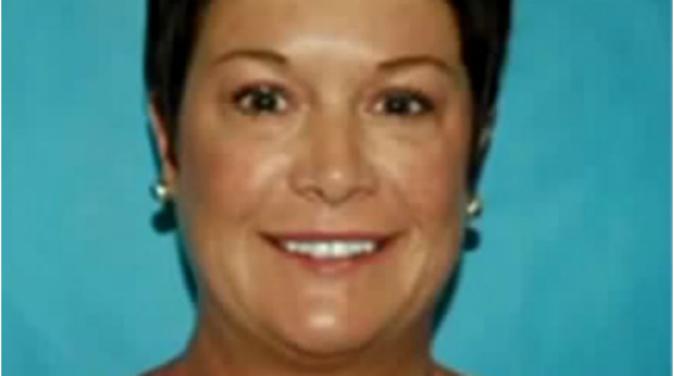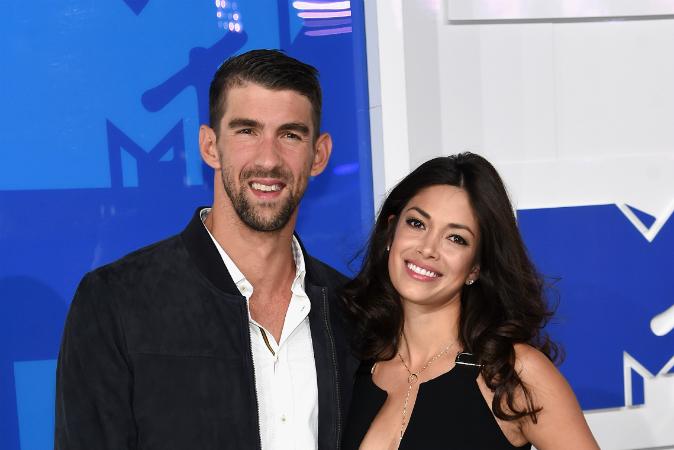Model Kelly Bensimon, mother of teenagers Sea Louise and Thaddeus Ann, shared her struggles with postpartum depression during a round table discussion titled, “Mom’s Talk” curated by People Magazine.
“I had postpartum really bad [with my first child],” said the 48-year-old on June 15. “I couldn’t drive, I had anxiety, I didn’t want to be by myself.”
The reality television star said she didn’t have the support she desperately needed during a petrifying time in her life—which lasted on and off for two years.
“My ex-husband had just left to go traveling, and I was with this child by myself,” Bensimon said. “I was so young and none of my friends had kids, and I just … I was petrified.”
Actress Hayden Panettiere can relate—she checked into a treatment center for postpartum depression in May.
“The postpartum depression I have been experiencing has impacted every aspect of my life,” Panettiere shared on May 12 to her millions of Twitter followers. “Rather than stay stuck due to unhealthy coping mechanisms I have chosen to take time to reflect holistically on my health and life. Wish me luck!”
Panettiere, 26, is a first time mother to daughter, Kaya, whom she welcomed with boxer fiancé Wladimir Klitschko in December 2014.
Last year on an appearance on “Live! With Kelly and Michael,” Panettiere spoke candidly about postpartum depression and the importance of having open dialogue about the disorder to help bring awareness, education, and eliminate shame.
“I can very much relate. It’s something a lot of women experience. When [you’re told] about postpartum depression you think it’s ‘I feel negative feelings towards my child, I want to injure or hurt my child.’ I’ve never, ever had those feelings,” she said. “Some women do. But you don’t realize how broad of a spectrum you can really experience that on. It’s something that needs to be talked about. Women need to know that they’re not alone, and that it does heal.”




